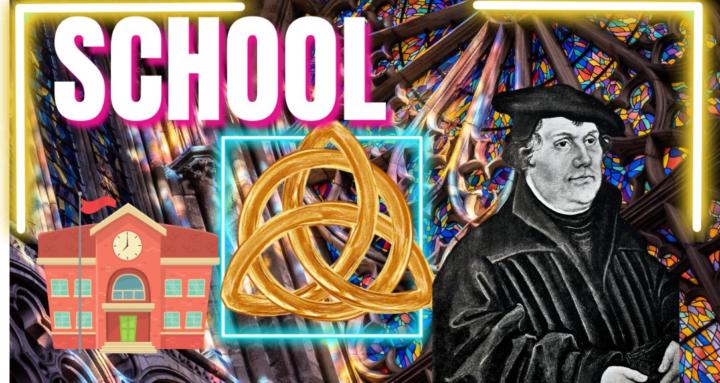Aug 19 • Sunday Sermon Discussion
August 17th Sermon - Bittersweet
Summary of the Sermon "Bittersweet"
This sermon, based on the events leading to Jesus' crucifixion in Matthew 27:15-44, explores the profound suffering and shame Jesus endured, humanity's role in it, and the redemptive power of the cross. It emphasizes God's sovereignty in fulfilling scripture through these events and calls believers to respond with awe and transformed lives.
Main Points:
- Pilate's Foolishness and People-Pleasing: Pilate, aware of Jesus' innocence, succumbs to the crowd's pressure by releasing Barabbas (a murderer and insurrectionist) instead of Jesus. He washes his hands to proclaim innocence, but this act highlights his failure to do what is right, drawing parallels to modern people-pleasing behaviors.
- Humanity's Wickedness: The sermon illustrates the depth of human sin through the mocking, scourging, and crucifixion of Jesus, showing how the crowd, soldiers, and religious leaders embody unrighteousness, hatred, and cruelty—reflecting broader sinful tendencies like those listed in Galatians 5:19-21.
- Fulfillment of Scripture and God's Sovereignty: Jesus' suffering, including being offered wine mixed with gall and the dividing of his garments, fulfills prophecies from Psalms 69 and 22. Despite the chaos, God orchestrates these events according to His plan, as affirmed in verses like Job 42:2 and Proverbs 19:21.
- The Substitutionary Death of Jesus: Jesus takes the place of sinners (symbolized by Barabbas' release), becoming sin for humanity to enable righteousness and salvation. This is described as necessary for redemption, with the cross as both a stumbling block to some and God's power to believers.
- The Bittersweet Nature of the Cross: The events evoke anger at Jesus' mistreatment but also gratitude for the salvation it brings. Believers are urged to live lives worthy of this calling, avoiding apathy and sharing the gospel.
Key Bible Verses Referenced:
- Matthew 27:15-44: Core passage detailing Jesus' trial, the choice of Barabbas, Pilate's hand-washing, mocking, scourging, and crucifixion.
- John 19:4, 7, 10, 11, 16: Pilate declares Jesus' innocence but yields to fear and pressure, handing him over for crucifixion; Jesus warns of greater sin.
- Luke 23:18: The crowd demands Barabbas' release over Jesus.
- Galatians 1:10: Contrasts seeking human approval with serving God, critiquing Pilate's actions.
- James 4:17: Knowing the right thing but not doing it is sin, applied to inaction like Pilate's.
- Ephesians 2:10: Believers are created for good works, urging a response to the cross beyond apathy.
- Romans 3:10: None are righteous, underscoring humanity's sin in Jesus' treatment.
- Galatians 5:19-21: Lists sinful works of the flesh evident in the crucifixion events.
- Psalm 69:21: Prophecy of offering sour wine, fulfilled at the cross.
- Psalm 22:7, 18: Foretells mocking and dividing garments, fulfilled in Jesus' suffering.
- Job 42:2: God's purposes cannot be thwarted.
- Proverbs 19:21: The Lord's counsel stands despite human plans.
- 1 Corinthians 1:22-25: The cross as foolishness to the world but God's wisdom and power.
- 2 Corinthians 5:21: Jesus became sin for us so we might become righteous.
- Hebrews 12:2: Jesus endured the cross for the joy set before him.
- Ephesians 4:1: Live a life worthy of your calling in response to the cross.
1
2 comments
Suggested communities
Powered by

